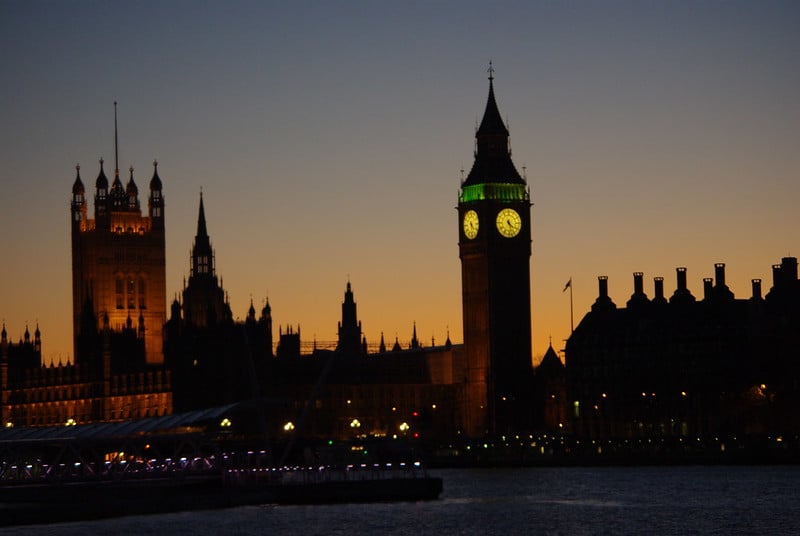What next for the Online Safety Bill?
by Matthew Niblett on 25 Jul 2022
The Online Safety Bill is the UK Government’s flagship piece of digital regulation, the British equivalent of the EU’s Digital Services Act. Prior to Boris Johnson’s resignation and the ensuing fallout, there were hopes that the bill would clear the House of Commons before parliamentary recess began on 22 July 2022. However, due to the distractions caused by the Prime Minister’s resignation, the bill still has several parliamentary stages before it becomes law , and could face further revision, depending on which one of Liz Truss or Rishi Sunak becomes the next Prime Minister. In this blog, Inline asks: what next for the Online Safety Bill?
What is the Online Safety Bill?
The Online Safety Bill is a regulation which would reduce and prevent users from encountering ‘online harms’ and make the UK the safest place in the world to be online. The bill, as currently drafted, would require certain businesses to tackle illegal or ‘legal-but-harmful’ content. As recently as May 2022, the government confirmed its intention to finalise the bill in the 2022-23 legislative session . However, following Boris Johnson’s fall from power, the new Prime Minister is likely to draft their own Queen’s Speech, meaning that the Online Safety Bill and all other pieces of legislation currently going through Parliament could face postponement, revision, or even cancellation.
Where is the bill currently?
The bill has undergone the first three stages of its parliamentary journey in the House of Commons. It is currently in report stage, where proposed amendments, both from the government and the back benches, are debated and the legislation is subject to line-by-line scrutiny. The government had wanted the bill to complete report stage and third reading before the summer recess began on 22 July, but that timeline has now slipped.
The bill will need to complete report stage before the House of Commons votes on it for the third and final time. After this, it will be sent to the Lords, where it may be amended further. If the Commons does not accept amendments ratified by the Lords, a process colloquially known as ‘ping pong’ could begin, with the legislation being passed back and forth between the Houses until a consolidated text is agreed. Even without the political disruption that Boris Johnson’s departure has caused, it might have been a long time before the bill made it to the statute book.
What might happen next?
Both Rishi Sunak and Liz Truss have commented on the Online Safety Bill, and both look set to re-examine the legislation if and when they assume office. Sunak has said that his government would review the thorny issue of ‘legal but harmful’ content, which has been widely criticised by many stakeholders, particularly on the right of the Conservative Party. Liz Truss has committed to further amendments to the Online Safety Bill to ‘make sure that everyone is aware’ of the bill’s intention.
Beyond their specific comments, both candidates have given an indication of the kind of government they would run more generally, which sheds some light on their potential approach to the Online Safety Bill. Rishi Sunak has pledged to introduce new offences for belonging to a grooming gang and for ‘downblousing’ (the act of taking a photo down a woman’s top without her consent), suggesting that he might seek to maintain the bill’s tough provisions on illegal content online, and at the very least that he would not seek to water the bill down substantially. Truss has thus far played mostly to right-wing Tory MPs and grassroots members, meaning that she might seek to remove some provisions of the bill, especially those despised by her core supporters, such as the notion of ‘legal but harmful’ content. Both candidates have also pledged further regulatory divergence from the EU, and digital regulation could be another area in which such divergence is sought.
However, there are reasons to believe that some version of the bill might survive intact. First, whoever is elected does not have much time to implement a policy programme before the next General Election, especially if they are initially preoccupied by the war in Ukraine and cost of living crisis. Although imperfect, a finalised Online Safety Bill would represent a chunky policy achievement which the future Prime Minister could take into the next election. Secondly, the legislation has been around in one form or another since Theresa May’s administration and was first conceptualised in 2017. Any further delay would surely give further ammunition to Labour, whose key attack line of late is that the problem is not whomever the Conservatives elect as leader, but the Conservatives themselves.
We will have to wait until the conclusion of the leadership contest to know for sure, and the identity of the future Secretary of State for Digital, Culture, Media, and Sport may shed further light on the matter. All we know for certain right now is that there is still a long and winding road ahead for this piece of legislation.
Topics: Platforms, Big Tech, Online Platforms, Regulation, Technology







Comments